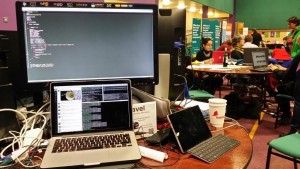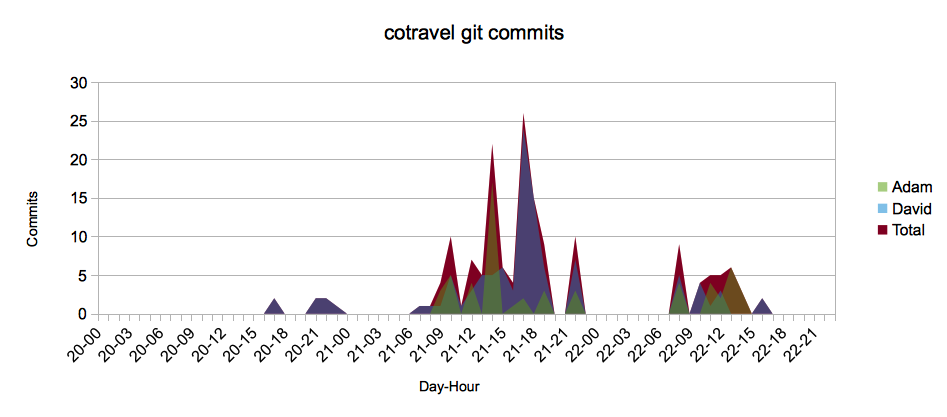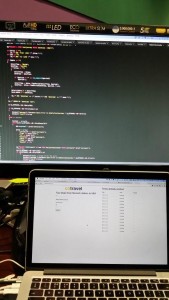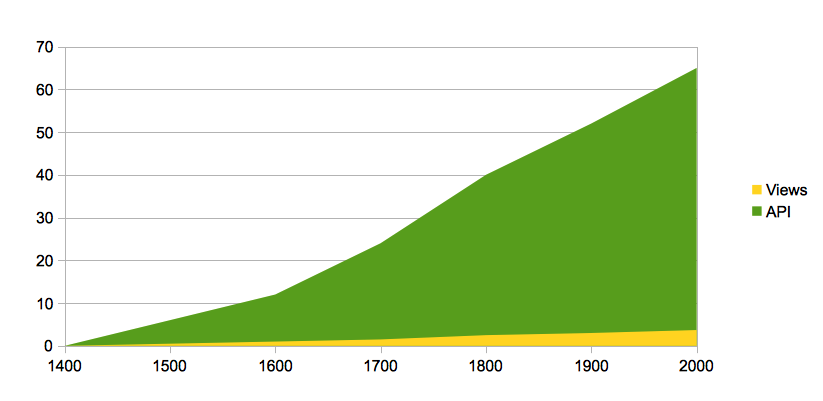Hmm so I wrote this in November 2014… and didn’t publish it. Then found it again in November 2015. I don’t know why it was in draft – usually because there’s something horribly wrong with it. But… seems ok, and I haven’t played with the FB API since then so I doubt I can add anything (or even that it still applies) hence… PRESSING PUBLISH:
Over the last two days I’ve been at a startup event called SyncTheCity and been building a little startup called cotravel (website, twitter, facebook). One of the supposedly easy tasks was to integrate the Facebook SDK in PHP to allow facebook logins.
I blame lack of sleep and time pressure but actually this was a pain in the behind. However I have two tips for future sufferers:
1. Development Domain
Facebook will only accept requests from domains you have linked. In our case this means our live domain. We develop locally on our machines (127.0.0.1 or localhost) but you can’t register those as valid domains.
However what you can do is create an A record in your domain to 127.0.0.1 so you now have local.yourdomain.com pointing to 127.0.0.1. You can add local.yourdomain.com to facebooks’ domains for your app and off you go.
2. URL is required at both ends
The docs say you must pass a request_uri to redirect to when calling – but you must also pass the SAME uri on return or else death and room results.
This means that your two files (http://domain.com/sender.php and http://domain.com/recipient.php) must have code like:
session_start();
FacebookSession::setDefaultApplication('appid', 'appsecret');
$URL="http://domain.com/recipient.php";
$helper = new FacebookRedirectLoginHelper($URL);
$loginUrl = $helper->getLoginUrl($params);
header("Location: ".$loginUrl);
And recipient.php:
session_start();
FacebookSession::setDefaultApplication('appid', 'appsecret');
$URL="http://domain.com/recipient.php";
$helper = new FacebookRedirectLoginHelper($URL);
try {
$session = $helper->getSessionFromRedirect();
} catch(FacebookRequestException $ex) {
echo "Facebook Authentication Error";
} catch(\Exception $ex) {
echo "Facebook Authentication Failure";
}
Note in the above this line is the one that differs from the example:
$helper = new FacebookRedirectLoginHelper($URL);
e.g. you must pass the URL!



